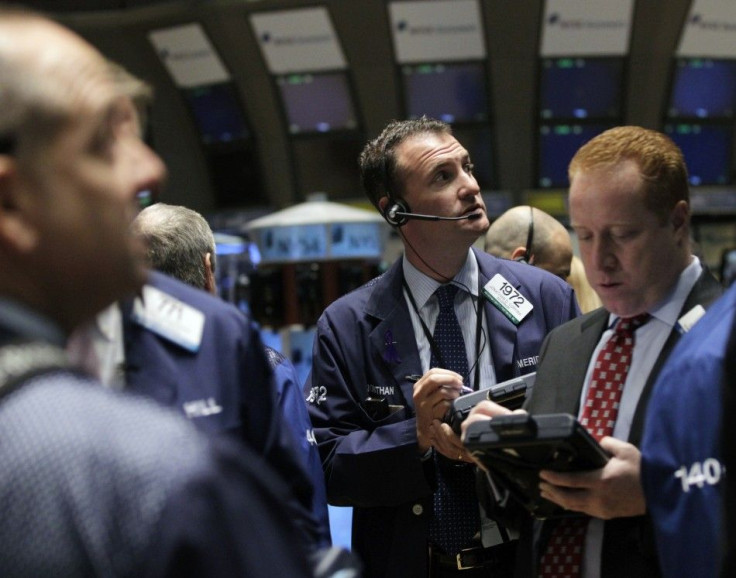U.S. Stock Market: After a Wild Week, What?s Next?
Analysis

After a week of gyrations in which the Dow Jones Industrial Average has risen or fallen 400 points for four consecutive days, it's understandable if American investors are a little bewildered and pehaps angry.
Wall Street notched another wild day Thursday, with the Dow surging 423 points to 11,143, with traders expecting volatile conditions to persist, at least until institutional investors get a better sense of how extensive the sovereign debt and related bond problems are in Europe. Other analysts see wider stock market swings as "the new normal."
All Eyes on Merkel-Sarkozy Meeting
One key event investors will be watching? The scheduled meeting next week between French President Nicolas Sarkozy and German Chancellor Angela Merkel, dw.world.de reported Thursday. Sarkozy called the meeting to draft common solutions to the financial stress that has rattled markets worldwide in the past week and raised concerns about the viability of the eurozone.
Shares of French bank Societe Generale have fallen sharply during the past week on concern it is overexposed to Greek bonds and doubts about its short-term funding.
With the above as a backdrop, what's the prudent stance for U.S. investors given the uncertain financial climate and tepid U.S. economic growth?
First, a caution: If you can't tolerate the risk of a 20 percent pullback in a stock or group of stocks, you probably should not be invested in stocks, as even under normal financial and economic conditions, stocks can easily drop 10 percent; in today's conditions, a 20 percent drop is not unusual.
10 Quality Companies
Second, If you can tolerate the risk associated with owning stocks, practice dollar-cost averaging with quality companies. In other words, look for companies with demonstrated business models in established markets and buy in stages. With an S&P 500 price-earnings ratio of about 10, many companies are "on sale" -- i.e. they're selling at a low price. Again, the key is having the ability to wait out soft market conditions. This is not a stock market for rookies or squeamish investors.
Here are a few blue-chip companies:
Caterpillar (CAT), recent price: $85.14, P/E: 14
Deere (DE), recent price: $69.78, P/E: 12
Boeing (BA), recent price: $57.6, P/E: 12
United Technologies (UTX), recent price: $67.65, P/E: 13
Coca-Cola (KO), recent price: $64.00, P/E: 12
IBM (IBM)¸ recent price: $164.10, P/E: 13
AT&T (T), recent price: $28.44, P/E: 8
Ford (F), recent price, $10.91, P/E: 5
Freeport McMoran (FCX), recent price: $44.30, P/E: 7
Potash Corp (POT), recent price: $54.30, P/E: 19.
Market Analysis: All of the aforementioned are companies with demonstrated business models whose stocks have been beaten down in the last two weeks.
In other words, they're selling at a discount, and if you can stand the risk, if you dollar-cost-average your purchase over several weeks (buy in stages -- 100 shares at a time if you're buying 500 shares of a company; 200 shares at a time if you're buying 1,000 shares etc.) you'll undoubtedly reap the benefits, long-term, of these quality companies.
To be sure, no one can predict with certainty where the Dow is headed in a week, a month or a quarter. But, in the long term, the argument forwarded here is that stocks of companies with demonstrated business models will perform well.
© Copyright IBTimes 2024. All rights reserved.





















